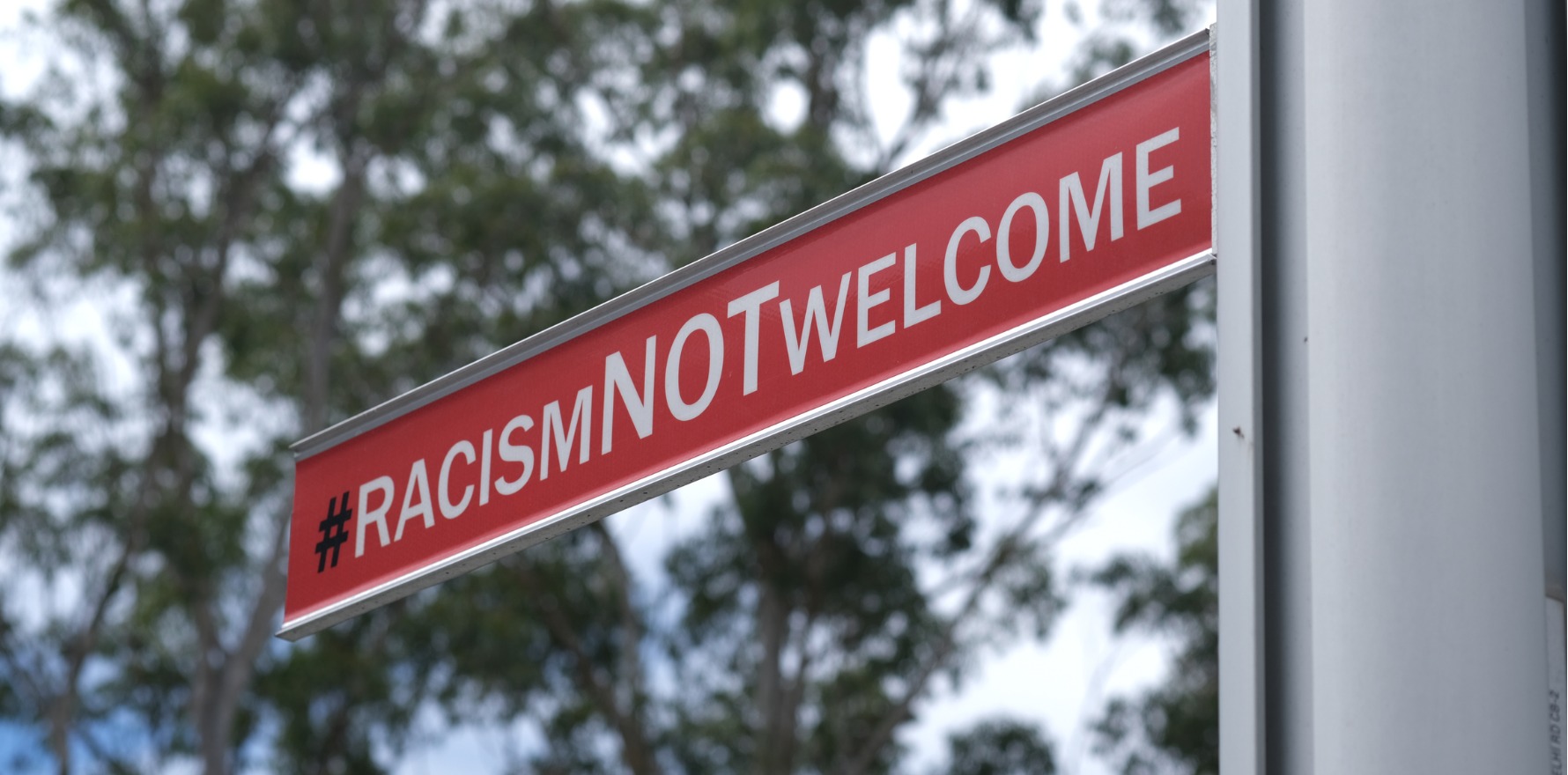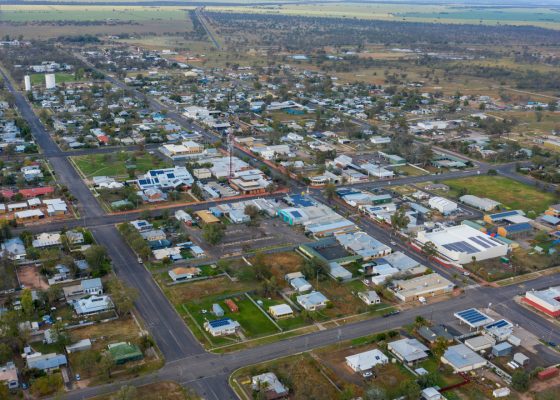Little progress has been made in creating culturally safe environments for First Nations health workers.
In the two years since the last inquiry into NSW regional and rural health services, few improvements have been made towards creating culturally safe environments for Indigenous health workers.
Assistant general secretary of the NSW Nurses and Midwives Association Michael Whaites told members of the second parliamentary committee into NSW regional and rural health services that mainstream organisations had a “very long way to go” to eliminate discrimination and racism towards Aboriginal and Torres Strait Islander employees.
According to Mr Whaites, the association had heard several reports from members of “targeted, ignorant” comments from colleagues towards Indigenous health workers, with those attempting to speak out brushed aside and told to “toughen up”.
“Our members reported targeted, ignorant racism, allegations that colleagues would be able to go walkabout whenever they wanted, terrible things that you would have thought disappeared last century,” Mr Whaites said.
“When complaints are made, our members tell us that what they receive is, ‘Well it wasn’t intended [that way], you should harden up’,” he said.
“We have a very long way to go.”
Speaking from personal experience, CEO Of Maari Ma Health Aboriginal Corporation Richard Weston told committee members that mainstream organisations always presented a “challenge” for Indigenous staff members.
“My experience working in government agencies is there is always a challenge for Aboriginal people working in mainstream environments,” he said.
“Closing the gap is a major national policy that has been signed up by the
Commonwealth, state, even local governments with really powerful, useful principles of partnership within them.
“But they just aren’t being actioned yet. It is taking a while for mainstream services to come onboard.”
The current inquiry was established to evaluate the NSW government’s progress towards improving regional and rural health services, one of 44 recommendations made by a previous inquiry into the state’s rural health services delivered in May 2022, as previously reported by Health Services Daily.
NSW Health officials told committee members on yesterday that the department had completed 16 of the 44 recommendations so far, with another 26 running according to schedule.
Since the conclusion of the 2022 inquiry, the department had recruited more than 1500 staff to regional areas through incentives and retained an additional 10,000 staff members by offering to increase their salaries, officials said.
According to Phil Minns, deputy secretary for people, culture and governance at NSW Health, while the department had made significant gains in workforce recruitment and retention across its smaller facilities, more work was needed to improve the process of reporting and handling staff complaints across the system.
“At times the process of resolving workplace grievances takes too long and I know from my career once time is overlaid with workplace anxiety you get the worst outcomes,” he said.
“The reason that [delay] happens is managers, they are not dealing with the issue sufficiently often to be adept at it so you get missteps that lead to a lack of trust.”
Do you have a story tip for us, or a topic you would like to see us cover? Contact the editor at editor@healthservicesdaily.com.au.



